In the north of Germany, in the small town of Upal, the authorities are planning to build a town for refugees. However, residents of the village are categorically against it.
However, writes Deutsche Welle, the authorities deny the existence of an alternative, and the town will still be built. But what is the reason for such hostility? As it turns out, it’s pretty solid.
At the entrance to Upal, which is located in the federal state of Mecklenburg, visitors are greeted by posters written in red paint: “Upal says no.” “And who will think of us?” A little over 1,500 people live in the commune, and they all say “No” to the 400-bed container city for refugees. Local store clerk says:
“We know, yes, where they should be placed. But why are they sent to us? How are we supposed to deal with all this?”
The buyer agrees with her, while refusing to give her name – journalists are skeptical here. Last week, all major German media were talking about the village of Upal. When there was a discussion in the administration of the neighboring municipality of Grevesmühlen about the construction of a container city for refugees, about 700 people protested in front of the building where the local authorities are located. Mostly peaceful. But a group of well-known right-wing extremists in the region tried to break into the administration building. Someone used pyrotechnics. In the end, 120 police officers were forced to cordon off the building.
Journalists of the publication went to the district center of Wismar, a port city on the Baltic Sea, to talk with Tino Schoman. He is responsible for deciding on the construction of a refugee camp, representing the Landrat of the north-west of Mecklenburg. He says:
“I understand people’s fears. But, unfortunately, there is no other alternative. Every month, 20-30 refugees are sent to us. We place them in sports halls.”
Asylum seekers in Germany are distributed among the federal states. After that, a decision is made on their status, which can take up to two years. For two years they cannot move anywhere from the place where they were sent, and at this time more and more refugees come there. Tino Schoman says that in order to bring the situation under control, it is necessary that fewer asylum seekers end up in his distribution district. And those who were denied refugee status were deported to create more space and resources for others:
“I have a feeling that not only among the population, but also among my colleagues, the mood has changed a lot. Politicians at the federal level must finally understand that money will not help us. We need resources and the ability to carry out the tasks assigned to the communes.”
René Furwerk, Green Party politician in Wismar, explains:
“Now people are feeling the burden of many crises – problems with energy supply, inflation, war. This causes fear, people are looking for an opportunity to pour it out, and refugees are often such a valve. Since 2015, this burden has been constantly growing. At the same time, no additional housing is being built , which citizens are able to pay for. And now almost all houses and apartments are already occupied. “
In Upala, on one of the streets, there are signs laminated from the rain: “Where are the places in kindergartens?”, “Where are the opportunities for obtaining medical care?”, “Where is the appropriate infrastructure?”, “We do not want this.” And therein lies the main problem.
The nearest supermarket from Upal is 20 minutes away by bus. Doctors are about the same. For many years, there was practically no investment in the infrastructure in Upala, which causes justified indignation among the inhabitants of the town. Now they fear that with the appearance of 400 new residents, negative changes are inevitable.
Next week Wismar will host another stage of negotiations on the construction of housing for refugees. This is important to convince local residents to agree with the decision of the authorities. The event will be held under police protection. But at the moment, the situation is such that a container town for refugees in Upala is still going to be built, despite the protests.
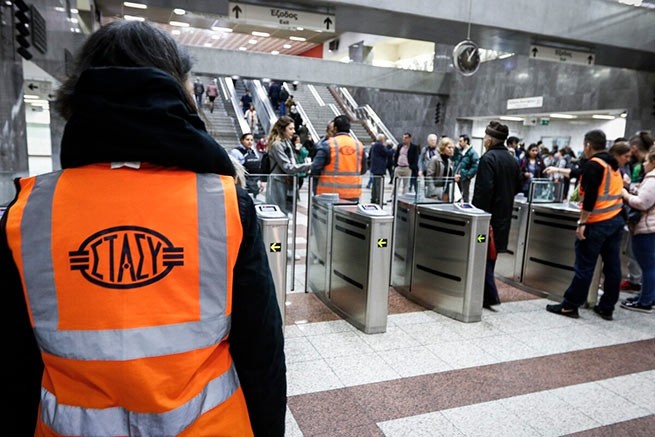
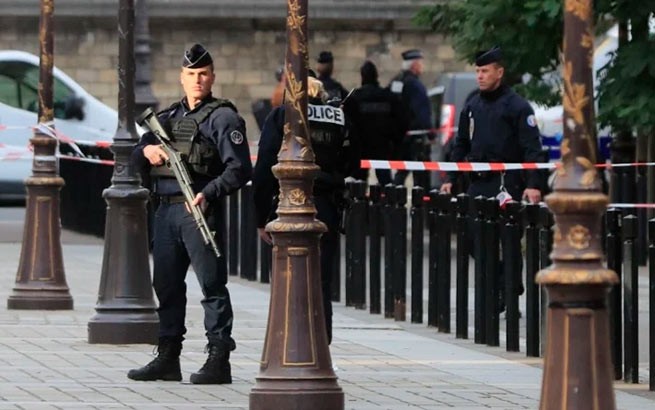
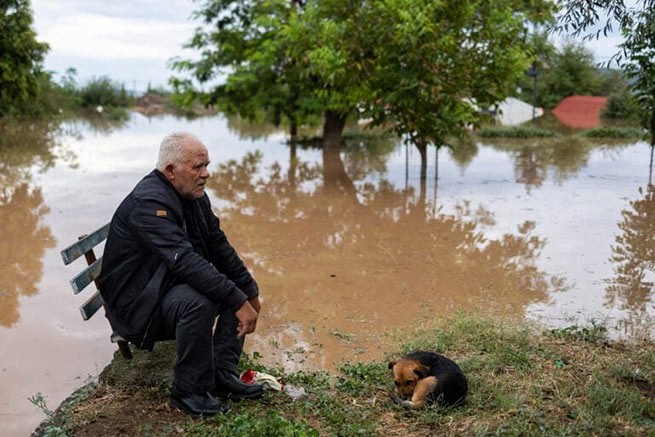
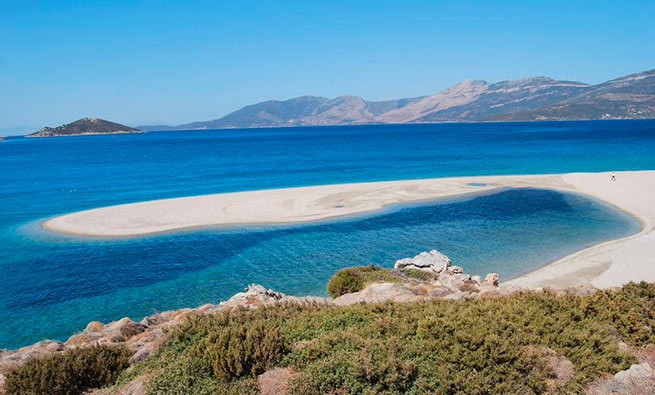
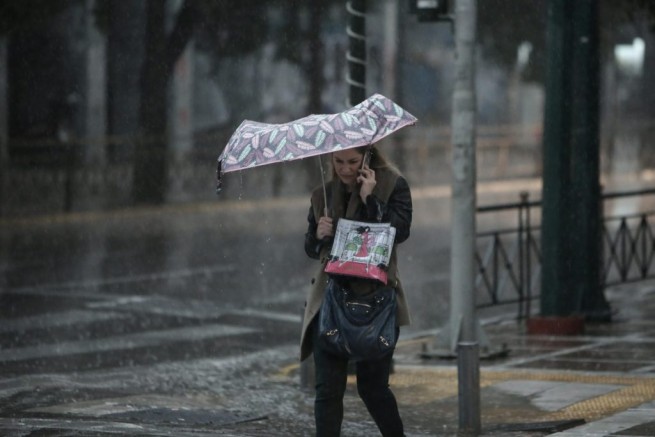
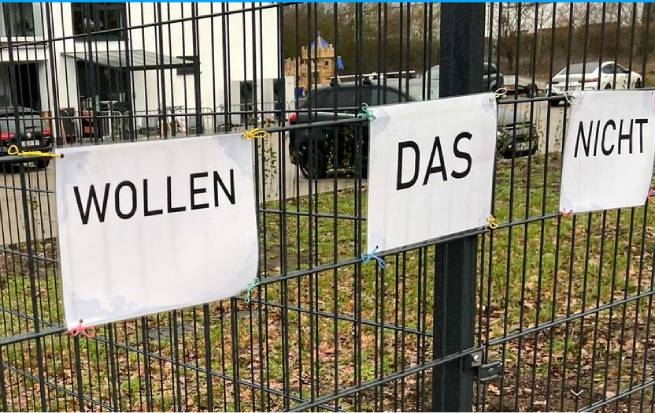

More Stories
Children of a Ukrainian refugee were molested by a pedophile
Large-scale reform of EU migration legislation approved by the European Parliament
Migrants in Chios: three girls aged 5, 7 and 10 died